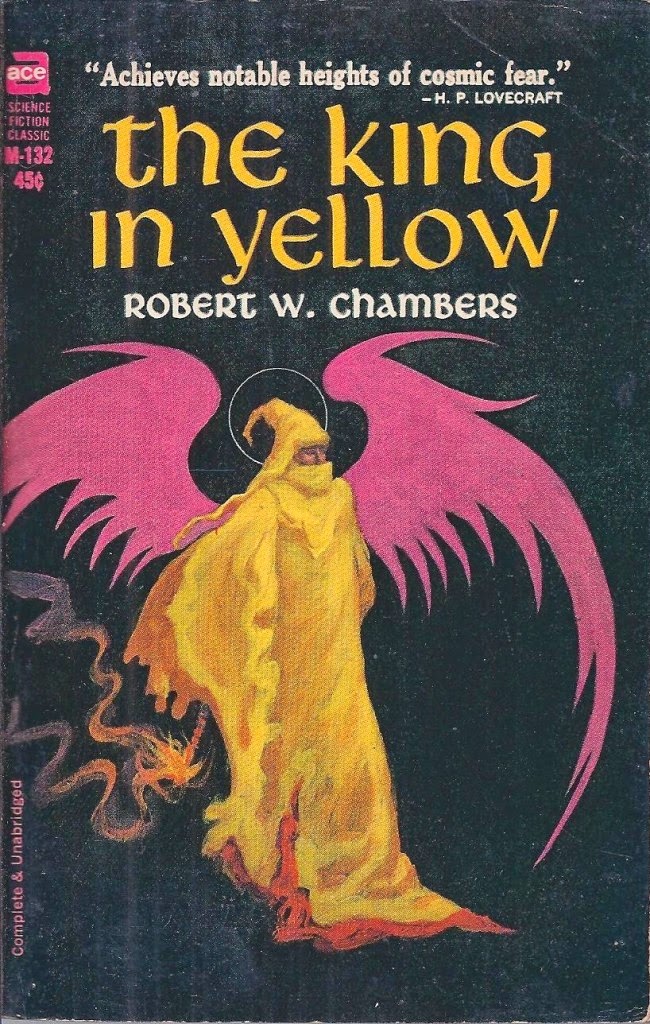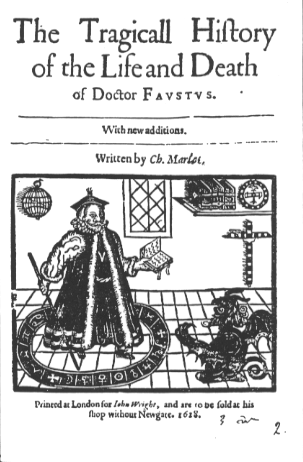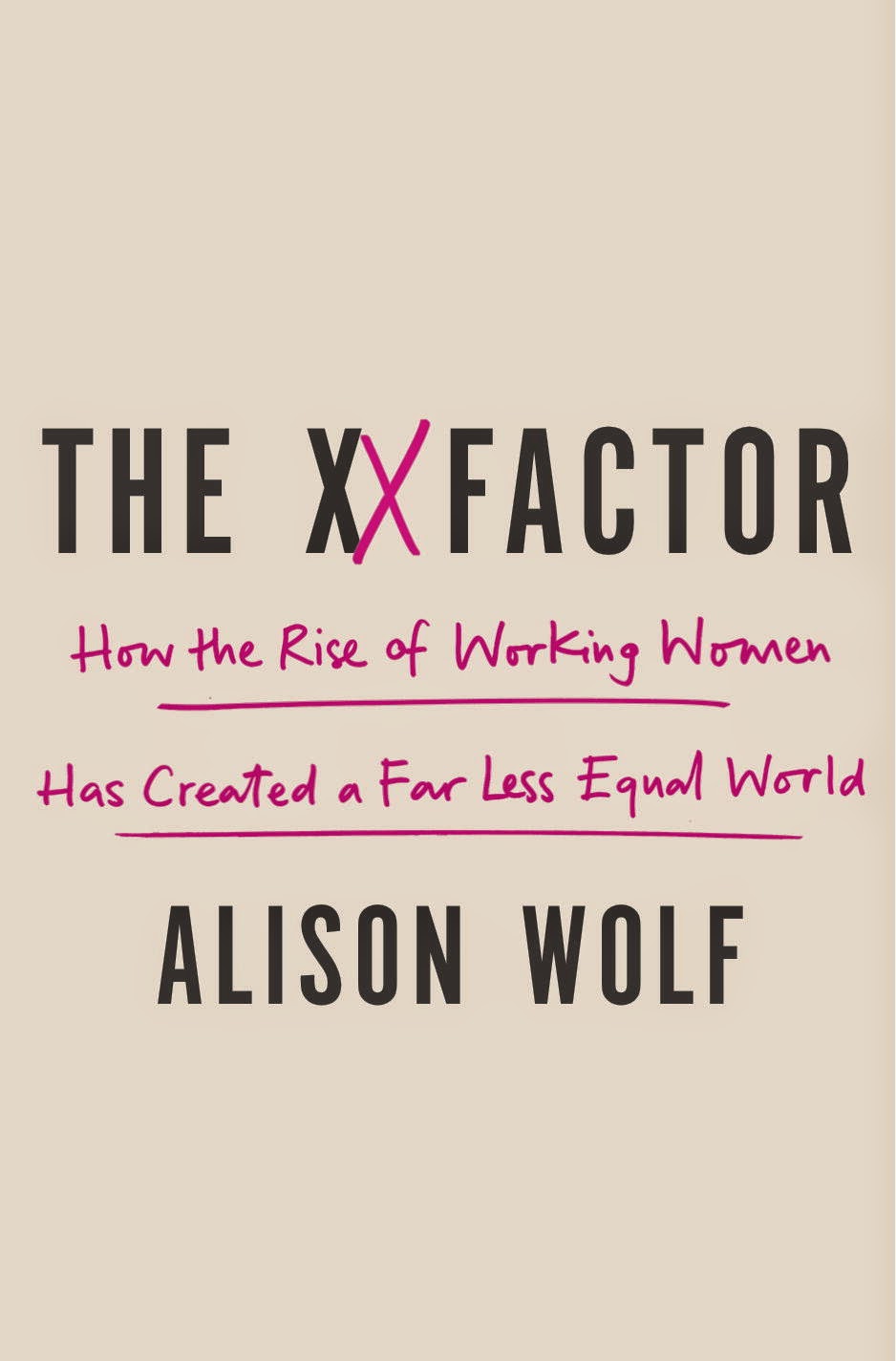Let Summer Begin!

I'm now officially done with work for the semester, the kids are done with their schooly stuff (well, on the whole), and it's properly summer in my world. So I'm going to really, truly start my Language Freak Challenge title, which I've been putting off until after the semester--I've decided to read Niels Lyhne so as to make James Joyce jealous. I also think I'm going to try to knock off several Classics Club list titles and see if I can get to 75 out of 150 by the end of the summer (I'm at 66), which obviously will put me halfway along. To be honest that will probably entail reading a bunch of short things like plays and poetry, but I'll get to feel pleased with myself. Probably next year I should focus on the things I have barely touched, like Latin American literature and really old Asian texts (scary!). Another blogging goal this summer is to put more energy into writing for Sandbox to Socrates . I'm the webmistress, but I haven't
















